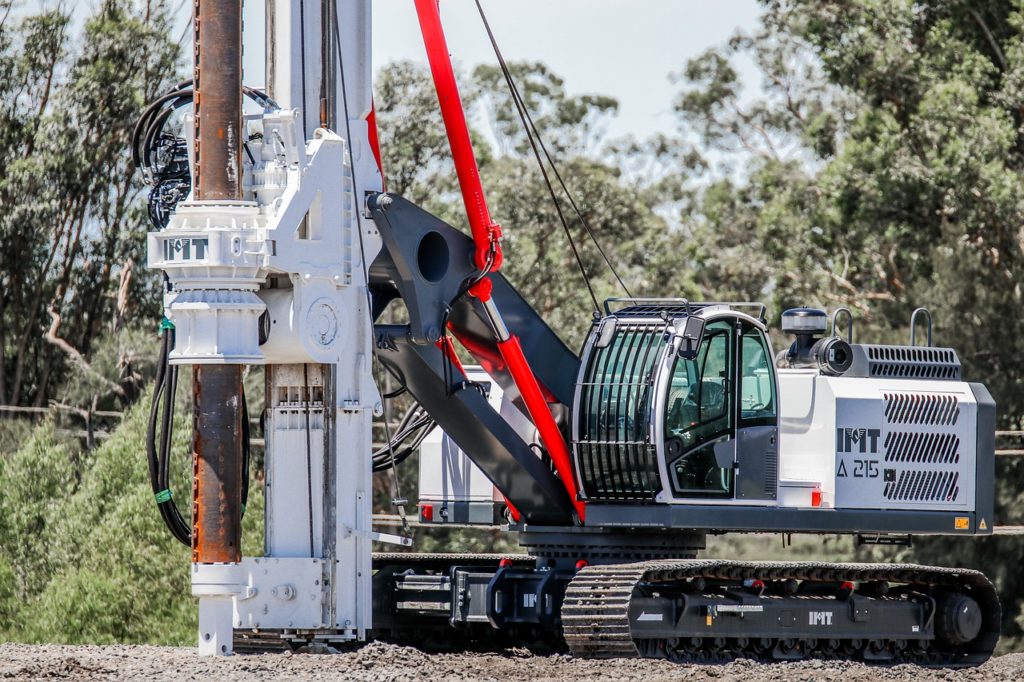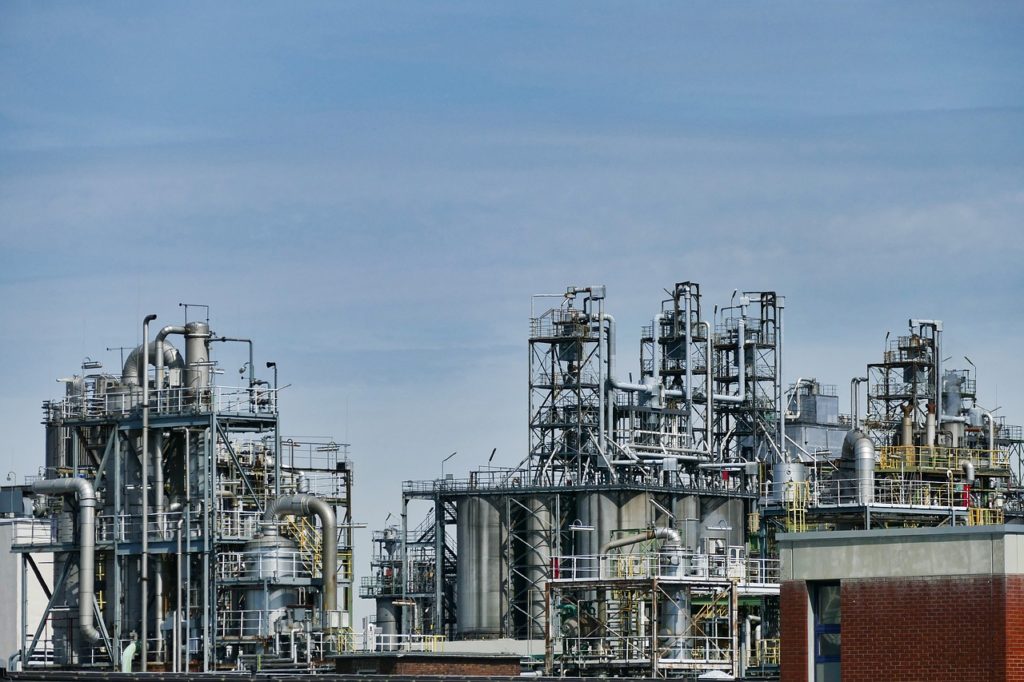Although investing in oil wells is a preferred strategy for some clients, Clark Weeks knows there are other parts of the oil and energy industry. So, Clark Weeks thought we should tell you a bit about the oilfield service industry. Also known as OFS which obviously stands for Oilfield Services. It refers to all services and products related with the exploration and production process of gas and oil, a huge part of the energy industry. It also involves the manufacture, repair, and upkeep on equipment used in the transportation and extraction of oil.
Their products include seismic testing equipment, transportation to oil sites, construction, etc. It includes tech-based services that are vital for operations such as locating sources, data management, drilling evaluation, geo science, and many others.
There are two kinds of companies in the energy industry. The first are those that offer a range of services necessary to assess, build, and maintain gas and oil wells. The second are those that pay for drilling rigs. The best equipment and service providers usually offer a varied range of capabilities. Some of the large companies for the oilfield service industry include Halliburton, Baker Hughes, Schlumberger, Nabors Industries, and Transocean. These big-time companies support field operations of oil and gas on a contractual basis worldwide.

According to a forecast from Westwood Global Energy, around $250 billion in profits are generated worldwide by the industry of oil and gas field services. The gas and oil reserves and production are determining factors for locations of field services. Venezuela, Canada, Saudi Arabia, and Iran are some of the biggest reserves of oil and gas.
Gas and Oilfield Services Market – A Regional Viewpoint
There are three regions where the oil and gas field market excel. These are the regions of North America, Middle East and Africa, and the Asia Pacific Region.
Expectedly, North America has a majority of the share of the market because of its advancements in technology that are used for deep water productions and the exploration of shale gas. Meanwhile, Middle East and Africa is anticipated to significantly grow in the oil and gas industry due of the existence of a large number of gas and oil reserves found in the region. Additionally, the region of Asia Pacific also expects to see a growing oil and gas field services market. This is due to the huge LNG facilities and plants in Curtis Island and Western Australia.
Furthermore, it is also expected that the existence of Japan and China’s huge number of refineries can spur the growth of the oil and gas field market.

Major Movers of the Energy Industry
There are two major performance indicators in the energy industry. One is the prices of natural gas. The other is the direction and level of oil prices. The demand for energy is also a factor that affects price levels. Energy demand is identified by growth of population, development of economy, and conditions of general business. In the oil industry alone, OPEC or the Organization of Petroleum Exporting Countries had the ability to fix and maintain its production which had a big impact on prices. This is less true now with the development of other oil fields not under their control. Additional factors that can affect the fluctuation of prices include costs of production and exploration, non-OPEC countries’ oil and gas production, and conditions of weather.
Competitive Environment
Demand for oil and gas are driven by their prices. Companies in the industry can gain profits depending on the efficiency and technical competence of their operations. While big companies can provide a variety of services, smaller companies can effectively compete by focusing on a specific type of service or area. …
